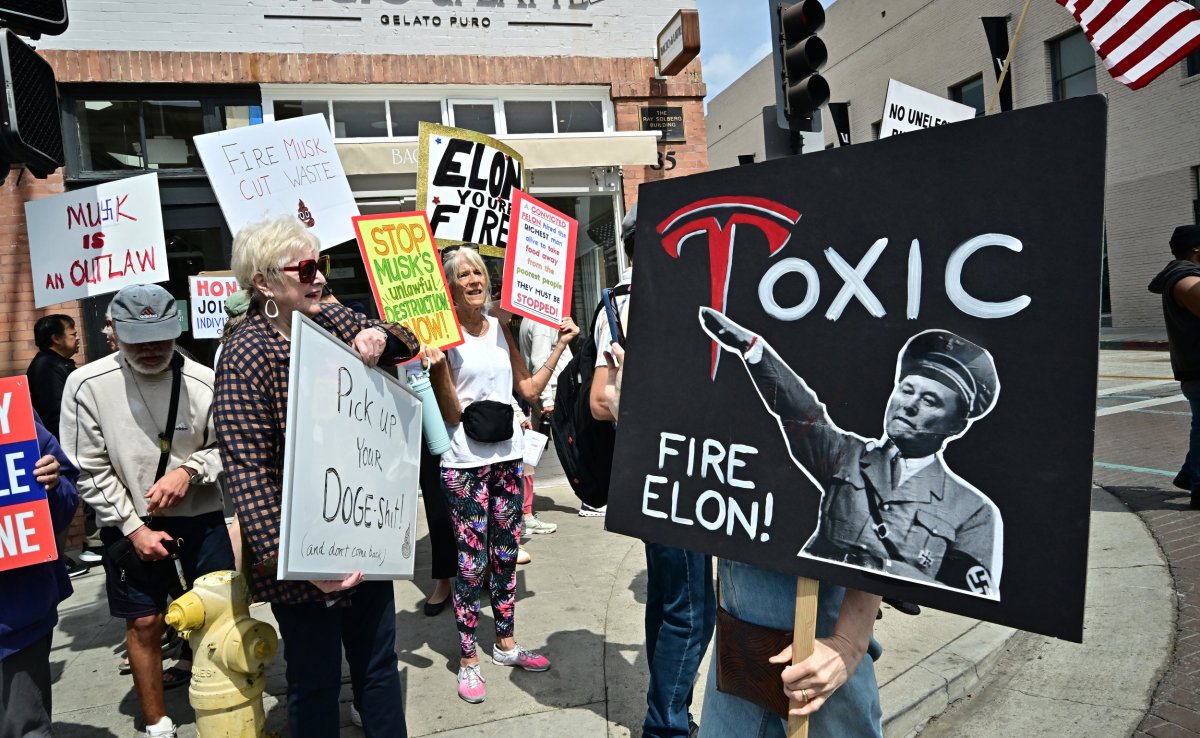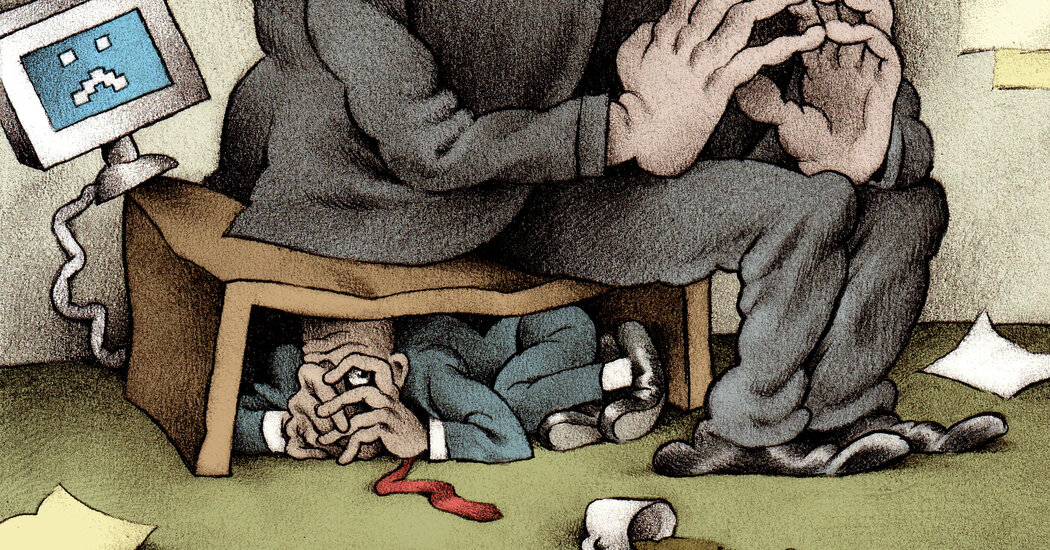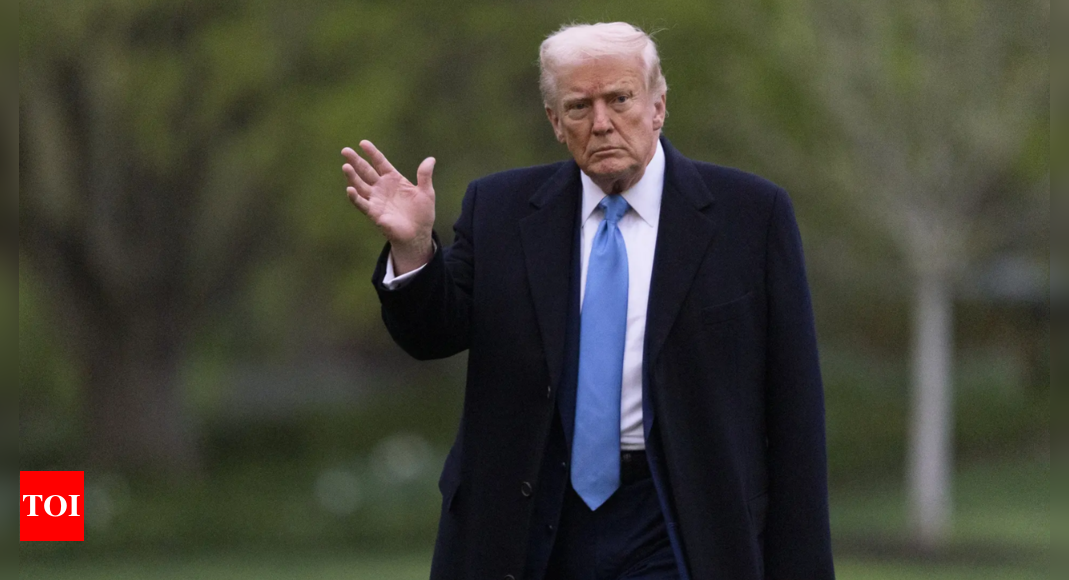Once seen as a bold innovator and cultural icon, Elon Musk is now facing a reality familiar to many political figures: widespread public disapproval.
According to the latest data from newsletter Silver Bulletin—a polling analysis project by 538 founder Nate Silver—53.5 percent of Americans now view Musk, the world’s richest man, unfavorably, while only 39.6 percent have a favorable opinion. That marks a sharp decline from early January, when his net favorability was nearly even.
Why It Matters
Musk’s slide in public opinion has been both steady and significant, particularly following his appointment by President Donald Trump as head of the Department of Government Efficiency (DOGE), a new federal task force designed to, according the White House, slash government spending.
Since DOGE’s launch, Musk has faced mounting criticism over several controversies: the firing of federal employees, accusations of DOGE workers accessing sensitive payment information of Americans and concerns that Musk may eliminate vital public programs. His involvement in the Wisconsin Supreme Court election also appears to have backfired.
What To Know
Silver Bulletin aggregates national polling data and updates its average several times a week. Its methodology, developed by Silver during his time at 538, adjusts for polling house effects and sample types, making it among the most authoritative sources of U.S. political data.
Photo by ROBIN LEGRAND/AFP via Getty Images
“Musk’s numbers have been on a downward trend—especially since Trump took office,” Silver Bulletin’s team wrote. In January, Musk’s net favorability stood at -0.2 percent. His public image has since eroded as he became more politically active, most notably after taking the helm at DOGE.
On Silver’s chart, three key moments mark his decline: his endorsement of Trump in mid-2024, Trump’s victory over former Vice President Kamala Harris in the 2024 election and the start of Trump’s second term in early 2025. According to Silver, the correlation between these events and Musk’s growing unpopularity is difficult to ignore.
What Other Polls Show
Public opinion data from other sources supports Silver’s findings. A Morning Consult poll conducted from March 28 to March 30 found Musk’s unfavorable rating had climbed to 54 percent, up from 45 percent after the 2024 election. Among Democrats, his unfavorability rose from 71 percent to 83 percent, and among independents from 48 percent to 59 percent. Even among Republicans, while 73 percent viewed him favorably, only 47 percent had a strongly favorable opinion—less intensity than for Trump.
A Reuters/Ipsos poll from the same period found 57 percent viewed Musk unfavorably and 39 percent favorably—nearly identical to Silver’s numbers. Pollster Charles Franklin told Reuters, “It’s a strong argument that Musk’s net impact was negative. He gave Democrats a foil for campaign messaging.”
The Harvard/Harris Poll in late March reported a 10-point drop in Musk’s net favorability in just one month, from an even 44-44 split in February to 49 percent unfavorable and 39 percent favorable. CNN analyst Harry Enten remarked, “I have rarely, if ever, seen a shift this dramatic … Musk’s net favorability dropped from +24 to -19 between 2017 and 2025.”
Future of Musk and DOGE
Despite Trump calling Musk a “GREAT PATRIOT” on Truth Social, the association with the administration appears to be harming the Tesla CEO more than helping. Tesla recently reported a 13 percent drop in first-quarter sales, and critics argue that Musk’s political alignment is undermining his brand.
According to media reports, Trump has privately told advisers and Cabinet members that Musk will soon step back from his prominent role as a key adviser.

FREDERIC J. BROWN/AFP via Getty Images
Musk’s heavy involvement in the Wisconsin Supreme Court race appears to have been a tipping point. A poll conducted by Democratic firm Blueprint and shared with The Washington Post found that 30 percent of voters said Musk’s multimillion-dollar intervention made them less likely to support the Trump-endorsed candidate, Brad Schimel, compared to just 5 percent who said it made them more likely. Musk had heavily funded and promoted the campaign of Schimel, who lost to liberal candidate Susan Crawford.
The backlash prompted national Democrats to make Musk a centerpiece of their messaging, casting him as a symbol of Trump-era government overreach.
What People Are Saying
Silver, in his Silver Bulletin: “Although Musk may eventually leave the government, he’ll remain an exceptionally important and controversial public figure even if he does. Until then, he could be a liability for Trump.”
Democratic pollster Evan Roth Smith, analyzing the poll for The Washington Post: “The verdict from the race appears clear: The closer Musk is to an election’s central narrative, the worse Republicans do. And while the president might seek to distance himself from Musk in the coming weeks and months, the impression that Musk is currently a central figure of the Republican Party seems indelible. Democrats are already trying to goad him into a larger public-facing role for a reason.”
Carter Wrenn, longtime Republican strategist, told Newsweek: “Polls are showing Musk’s popularity is upside down. That could definitely be a problem—especially with swing voters, independents, and ticket-splitters. Musk, personally, carries some negative baggage that could hurt.”
What Happens Next
Trump’s DOGE initiative was launched via executive order on his first day back in office and is poised to sunset in July 2026. After Musk’s exit, Cabinet secretaries are expected to continue the department’s work.


